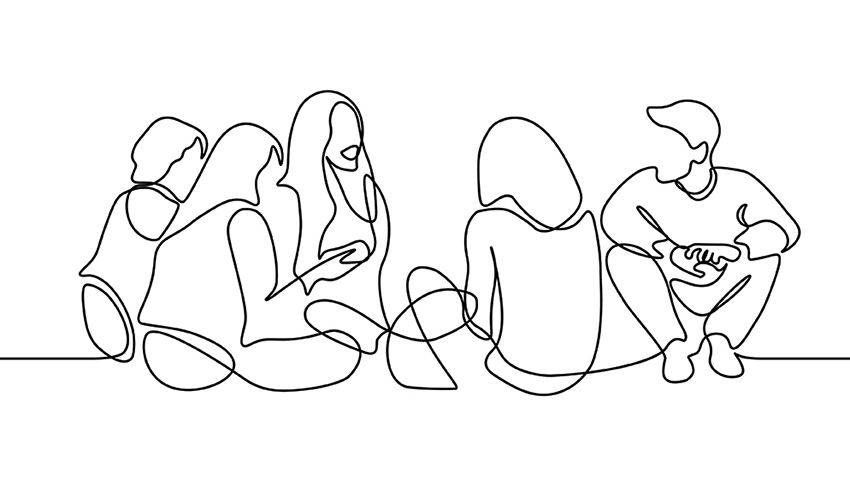Psychotherapy for adolescents and young people
I offer both long term and shorter term psychotherapy for adolescents and young people, from 12 up to 25 years old. The therapy begins after a period of exploration and assessment. During the time of those first appointments, I communicate with both the young person and the parents to decide together what seems to be the matter, and to agree jointly on a good way forward. Sometimes we decide on ongoing psychotherapy, while other times another course of action is better, and I can help the family with decision making and appropriate referrals.
At times young people need support for a short period of time, to address a crisis or explore a particular issue; other times they require open-ended psychotherapy, usually once weekly but sometimes more frequently. Longer term psychotherapy offers the opportunity to explore openly and deeply issues to do with an adolescent’s wider life and personality, both what’s going well and also what is more of a struggle.

I see psychotherapy as a dialogue and a relationship, and thus I don’t work in a symptom focused way. I try to understand, collaboratively with the young people, the meaning of their behaviour, which may need time and exploration to uncover. Every young person is different, and every therapist is different, and thus there is no ‘one size fits all’ style of therapy. While my background through my training is in psychoanalytic psychotherapy, I work flexibly and integrate other ways of thinking in my work, according to what make senses and can be effective for each young person. The main aim of the therapy dialogue is to create, together with the young person, a space where things can be explored and can start to gradually make more sense. Eventually, the hope is that the adolescent can experience more freedom, awareness and resilience, and can engage in their life with all its challenges more fully.
My approach is developmental, so I always take into account a young person’s age and social context: for example, the challenges facing a 17 year old in the transition away from home and towards adulthood are very different to the struggles a 13 year old faces, entering adolescence. Equally, the context within which an adolescent lives is of key importance: their school, their friendship group, their family, and the wider society around them – including their online life, an important part of adolescents’ world today. Discussing all this openly can help young people make sense of the difficulties they encounter, and find ways to move forward and feel less stuck.
I work in English and Greek.